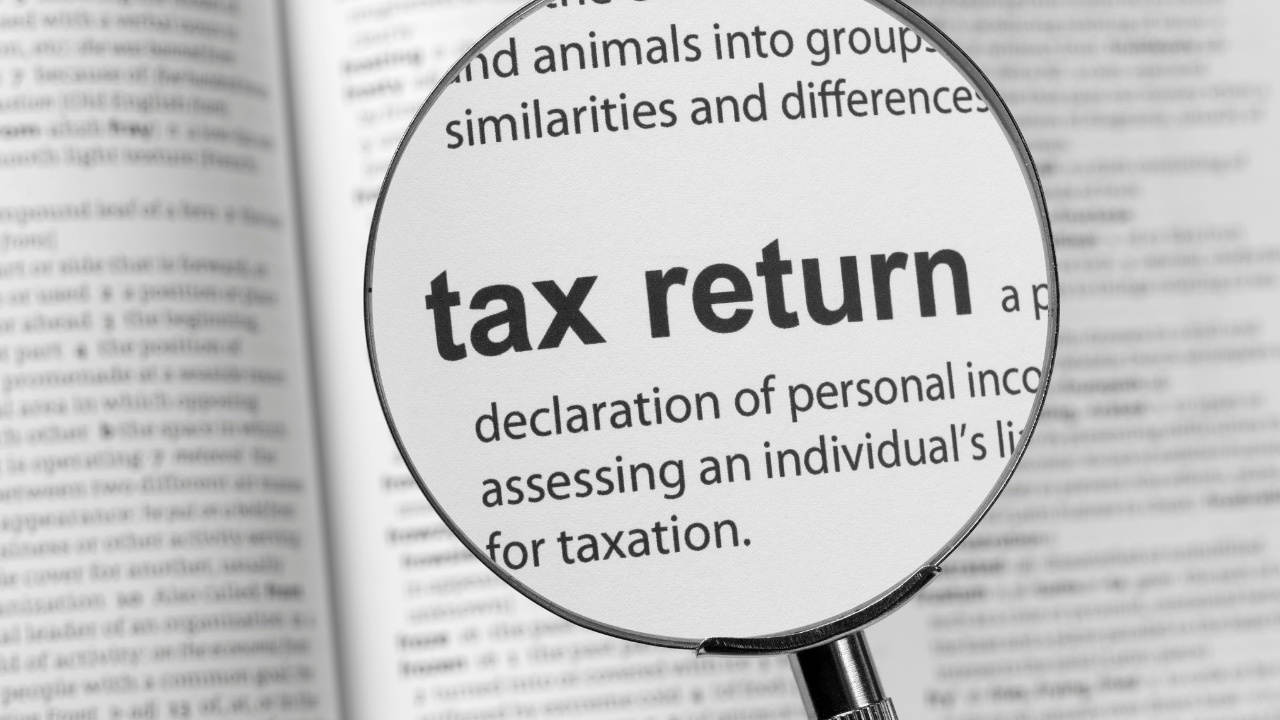
Everything You Need to Know About Your 2020 Tax Return (or Tax Bill)
As Ben Franklin Said, “The only thing we can be sure of is Death and Taxes!”
Like everything else in 2020, filing taxes for 2020 is more complicated than usual. Here is everything you need to know about your 2020 tax return and what to do with your refund (or tax bill.)
Table of Contents:
- Filing, Contribution Deadlines Have Been Extended
- Receiving Stimulus Checks Retroactively
- Hottest Areas to Decrease Your Tax Bill
- What to do if You Get a Refund
- What to do if You Have a Tax Bill
Let’s start with the good news.
Filing, Contribution Deadlines Have Been Extended
The IRS has given us an extra month to file and pay without interest and penalties because of the pandemic. Victims of certain 2020 winter storms will get a longer extension. The IRS will also allow us an extra month to make contributions to some health, education and savings accounts.
|
Types of Filers |
New Deadline |
Normal Deadline |
Deadline for Filing Extension |
|
Individual |
May 17 |
April 15 |
October 15 |
|
Corporate |
April 15 |
March 15 |
April 15 |
|
Victims of the winter storms in Texas, Oklahoma and Louisiana |
June 15 |
March 15 for businesses and April 15 for individuals |
|
|
Individuals who want to make contributions to certain health, medical and education savings accounts
|
May 17 |
April 15 |
|
Receiving Stimulus Checks Retroactively
Also, even if you didn’t claim your stimulus check(s) in 2020, you can still do so if the government owes you any unclaimed stimulus funds. Two stimulus checks went out in 2020, one for $1,400 and one for $600. Your federal tax returns are linked to recovering these first two stimulus payments if you never received them. It will also apply to third and fourth payments once you file your 2021 taxes. Even if you don’t normally file, you’ll have to file in order to receive any owed stimulus funds. You’ll also need to know the amount of any stimulus payments you’ve received. You may also qualify for a third (AKA "plus-up") stimulus check.
When you file for and receive credit for missing stimulus checks, those monies will either lower the taxes you owe or increase the amount of your stimulus funds.
Be sure to ask your accountant or online tax software support staff whether you qualify to receive stimulus checks retroactively. If your income was too high to qualify for the payments on your 2019 tax return but your 2020 income would have made you eligible, you can include this in your tax return to receive all of the owed stimulus payments.
Check out the Recovery Rebate Credit to claim any stimulus checks you didn’t receive. You can use this program to collect any stimulus payments owed to you as an individual or as someone with any dependent children you have claimed on your tax returns as well!
Hottest Areas to Decrease Your Tax Bill
There are some big deductions and special cases that may apply to you that will help you reduce your tax bill. Here are three:
- Reinvested dividends--if you automatically reinvested dividends from mutual funds you may be eligible to reduce your cost-basis for these gains which will reduce your tax bill.
- Student loan interest payments paid by someone else--if someone is paying your student loan debt on your behalf you may be eligible for a tax deduction because the IRS treats it as income to you first, then as a reduction in student loan interest.
- Child and Dependent Care Tax Credit--if you have children or dependents you care for, you can qualify up for a $6,000 credit on your tax bill. This is better than a deduction (which reduces your adjusted gross income) because the credit goes directly to the bottom line of your tax bill, meaning it can push you into refund territory.
TurboTax has more detail on their list of deductions people are commonly missing.
What to do if You Get a Refund
Tax returns can powerfully boost your financial goals.
To be clear, I’m not advocating that you intentionally set up your taxes to guarantee a refund. The only reason you should be getting a tax refund is if you overpaid the IRS or state last year. This means you’re basically giving them an interest-free loan. Ideally, aim to pay your taxes accurately and on time.
I recognize that some people like getting a big lump sum in April every year. If this is you, just make sure you’re aware of this pattern and its frequently accompanying “urge to splurge.”
Remember, this is YOUR money that YOU earned. Ask yourself, what's the highest use of this money?
I recommend prioritizing the spending in the following ways:
- Fund a short-term savings account for upcoming non-monthly expenses that would normally go on the credit card
- Make a lump sum payment to your lowest-balance credit card
- Fund your long-term savings account to build financial stability
- Invest it in a low-fee index fund or IRA
- And, as always, throw in a little balance. It’s okay to treat yourself with some of this money. I'd recommend no more than 25 percent of your refund going to an immediate purchase or splurge.
What to do if You Have a Tax Bill
If you can, just pay it off. It’s liberating to have this debt gone. Don’t let the lure of low interest rates trap you into increasing your debt load.
If you absolutely cannot pay off the tax bill in full, set up a repayment plan. The IRS will respond positively if you communicate with them and create a plan to pay something. Whatever you do, never ignore the IRS. They will find you and they will get their money. They’ll get even more money from you with steeper penalties and an increased likelihood of being audited (and penalized further.)
One final reminder from ‘Ole Ben Franklin as you prepare your taxes: “an ounce of prevention is worth a pound of cure.”
As always, speak with your accountant or CPA to discuss your unique situation.
Did you like this article? Get the latest personal finance articles from Vibrant Money by subscribing to our weekly newsletter!
Enter your email address below to sign-up.
We will never sell your information, for any reason.









